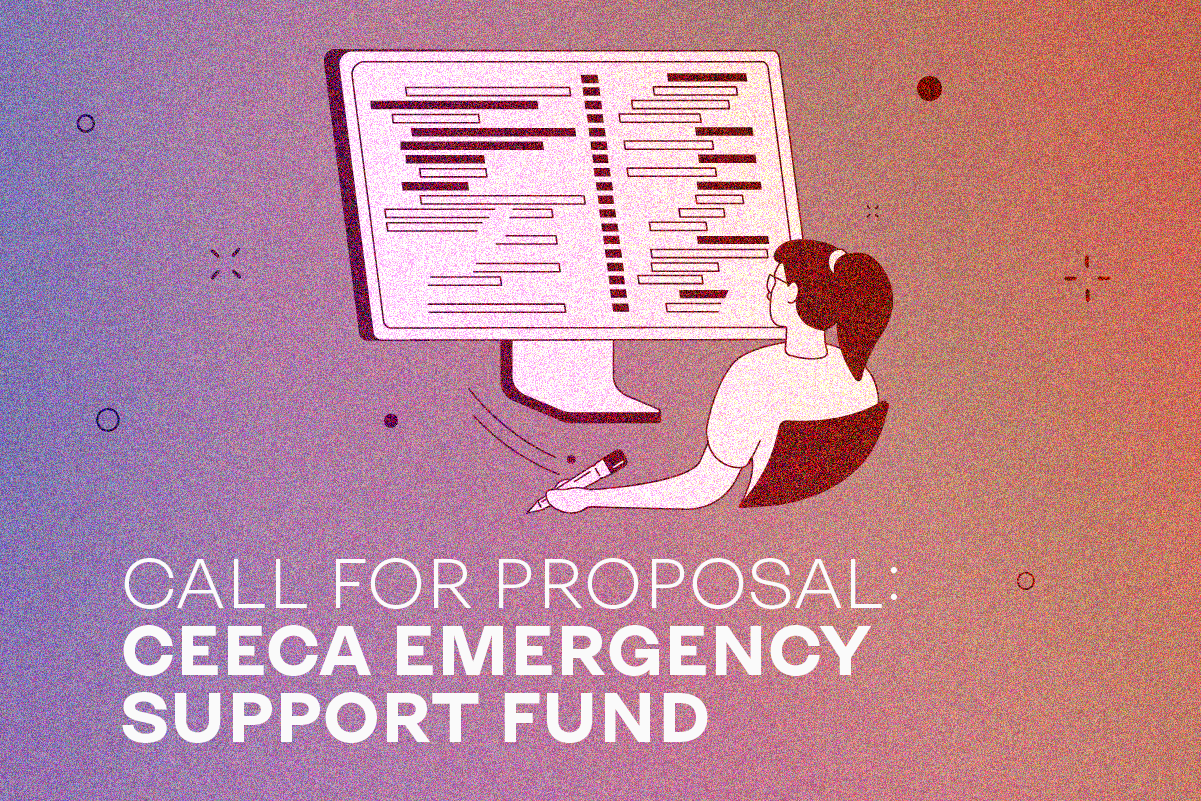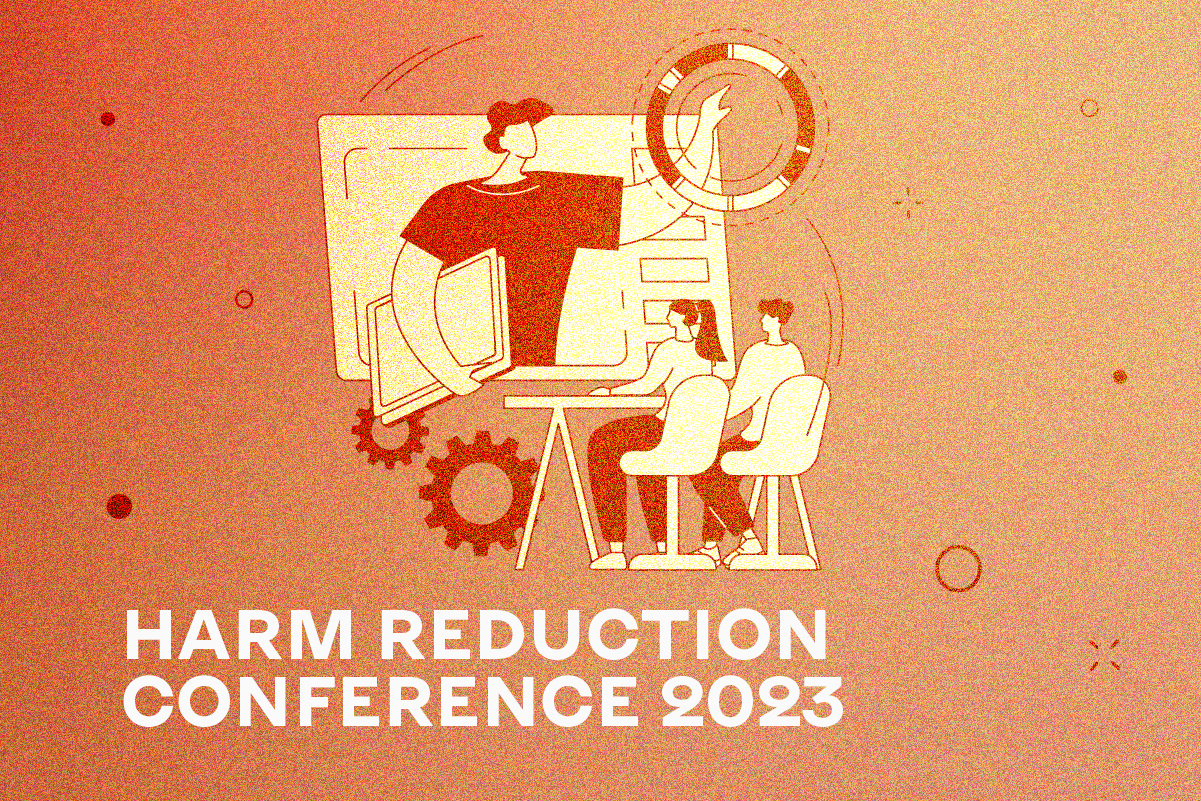Yuri Yoursky, ECOM Human Rights and Legal Issues Coordinator, made an input on the barriers that impede the uptake of social protection services by gay men and trans people in EECA at UNDP and ILO Global Dialogue on Social Protection for People Living with HIV and Key Populations Most At Risk of HIV.
The event is taking place online on 18 – 19 May with more than 150 participants representing communities of PLHIV and key populations, the UN agencies, governments, including UN missions, academia and the private sector.
Yuri shared info on the current social protection schemes and programmes among gay men and trans people in EECA: “Existing legal barriers in Belarus, Russia, Uzbekistan and Turkmenistan or extremely high level of SOGI-based stigma and discrimination in Azerbaijan, Kazakhstan and Tajikistan empeds the access to national social protection mechanisms for our communities. When COVID-19 severely affected socio-economic status of citizens, HIV-positive gay men or trans sex workers had inadeqate governmental support or no support at all. Therefore, the communities themselves were in the forefront of assistance: we’ve seen some positive examples from Kyrgyzstan, where LGBT organization launched several shelters for LGBT in need, providing them with housing, food and medicametns; or a case of providing individual support kits for trans sex workers who lost their jobs, and were locked at home with no means for living. Additionally, Armenian and Russian HIV-services organizations were delivering ARV-treatment to HIV-positive gay men locked at their homes, simultaneously providing psycological or social sounceling. This all became possible by rebudgeting their own programs, supported by international donors.
Governments in EECA have to use a human rights evidence-based approach for social protection programming, so that LGBT people would be left behind”.
If you are willing to join this discussion for Day 2 of the @UNDP & @ILO Global Dialogue, you can register for here: bit.ly/globalhivdialogue









